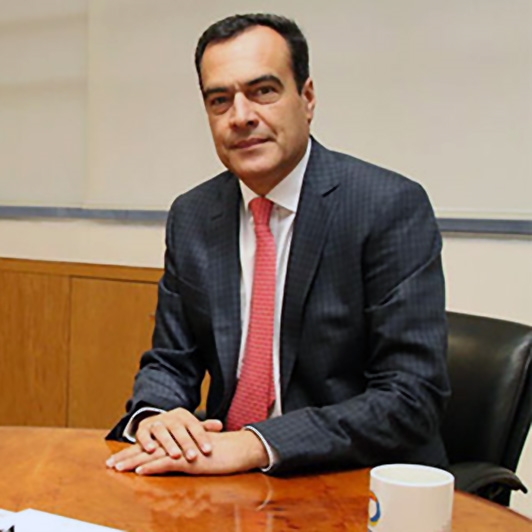
In the realm of public finance, where every dollar allocated can shape the trajectory of a nation, the budget stands as the ultimate expression of fiscal policy. However, beneath the surface of numbers lies a rich tapestry of lessons learned from years of navigating the complexities and challenges of managing public funds. In this discourse, we embark on a reflective journey, uncovering the profound insights gleaned from a decade entrenched in the dynamic landscape of public finance.
Foundations of Fiscal Resilience
At the core of effective fiscal management lies the principle of resilience—a steadfast commitment to prudent stewardship of public resources. Over the past decade, one enduring lesson has emerged: the importance of fostering fiscal resilience in the face of uncertainty. Sound budgetary policy demands careful planning, disciplined budgeting, and a proactive approach to risk management. Building robust fiscal buffers, diversifying revenue sources, and prioritizing investments with long-term returns are essential strategies for fortifying fiscal resilience and weathering economic storms.
Adapting to Economic Turbulence
The terrain of public finance is inherently volatile, subject to the ebbs and flows of economic cycles and global forces. Over the past decade, one lesson has become abundantly clear: the necessity of adaptability in navigating economic turbulence. From the fallout of financial crises to the shockwaves of global pandemics, agility and flexibility are paramount. Governments must be prepared to adjust fiscal policies, reallocate resources, and implement stimulus measures to mitigate the impact of economic downturns and foster recovery.
Striking a Balance
In the realm of public finance, the challenge of balancing competing priorities is a perennial one. Over the past decade, the lesson learned is the art of striking a delicate balance amidst diverse fiscal demands. Effective budgeting requires careful consideration of social, economic, and environmental objectives, weighing trade-offs, and prioritizing investments that yield maximum societal benefit. From education and healthcare to infrastructure and social welfare, finding equilibrium is essential for promoting inclusive growth and enhancing the well-being of citizens.
Upholding Transparency and Accountability
Transparency and accountability are the bedrock of public trust and confidence in fiscal governance. Over the past decade, the lesson gleaned is the indispensable role of transparency and accountability in fostering public trust. Open budget processes, robust oversight mechanisms, and timely disclosure of financial information are essential for holding governments accountable and ensuring the effective use of public resources. Governments must strive for transparency at every stage of the budget cycle, from formulation to execution, to strengthen democratic governance and promote fiscal responsibility.
Harnessing Technological Innovation
In an increasingly digital world, technology has become a powerful tool for transforming public finance. Over the past decade, the lesson learned is the transformative potential of harnessing technological innovation. Technology offers unprecedented opportunities for modernizing public finance systems and enhancing service delivery, from digital budgeting platforms and data analytics to blockchain technology and online citizen engagement tools. Governments must embrace innovation and invest in digital infrastructure to improve efficiency, transparency, and accountability in fiscal governance.
Investing in Human Capital
Human capital—education, healthcare, and skills development—is the cornerstone of economic prosperity and social progress. Over the past decade, the lesson gleaned is the imperative of investing in human capital. Access to quality education, healthcare services, and lifelong learning opportunities is essential for unlocking human potential, driving economic growth, and reducing inequalities. Governments must prioritize investments in human capital development to build resilient and inclusive societies capable of thriving in an increasingly competitive global economy.
Addressing Long-term Challenges
The challenges confronting public finance extend far beyond short-term budgetary considerations. Over the past decade, the lesson learned is the importance of addressing long-term challenges with foresight and strategic planning. From demographic shifts and climate change to technological disruption and geopolitical uncertainties, proactive measures are essential for building resilience, promoting sustainability, and securing a better future for future generations. Governments must adopt a long-term perspective and collaborate across sectors to address systemic challenges and foster inclusive and sustainable development.
Charting a Path Forward
A decade in public finance yields a wealth of insights that transcend the confines of budgetary numbers. The lessons learned from fiscal resilience and transparency to technological innovation and human capital development shape the foundation of effective governance and fiscal stewardship. As we chart a path forward, it is imperative to heed these lessons, embracing adaptability, innovation, and collaboration to address the challenges and opportunities that lie ahead in the ever-evolving landscape of public finance.